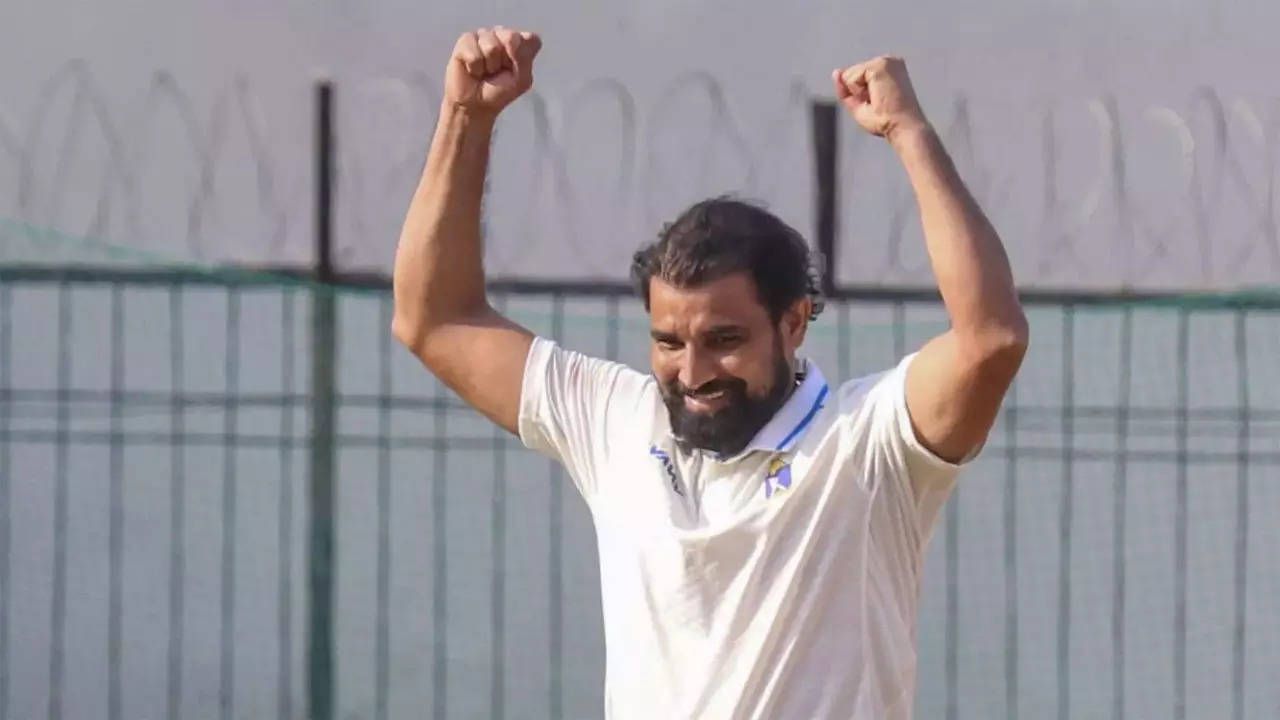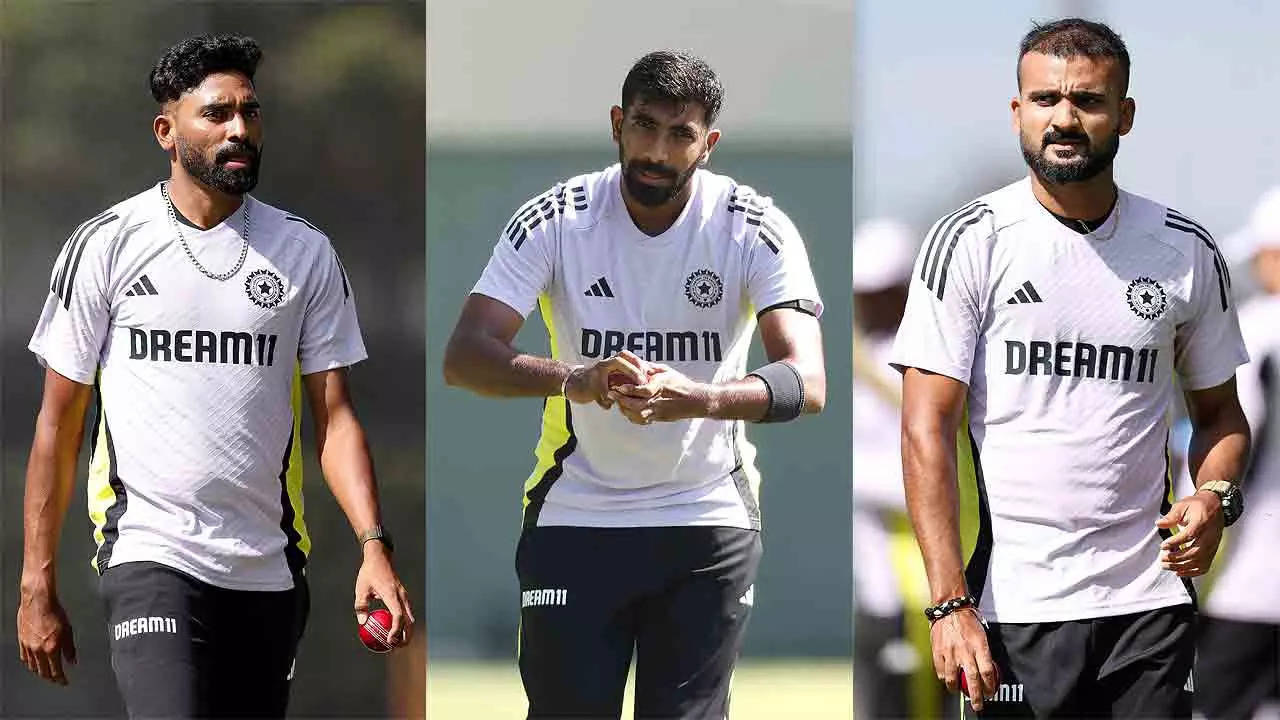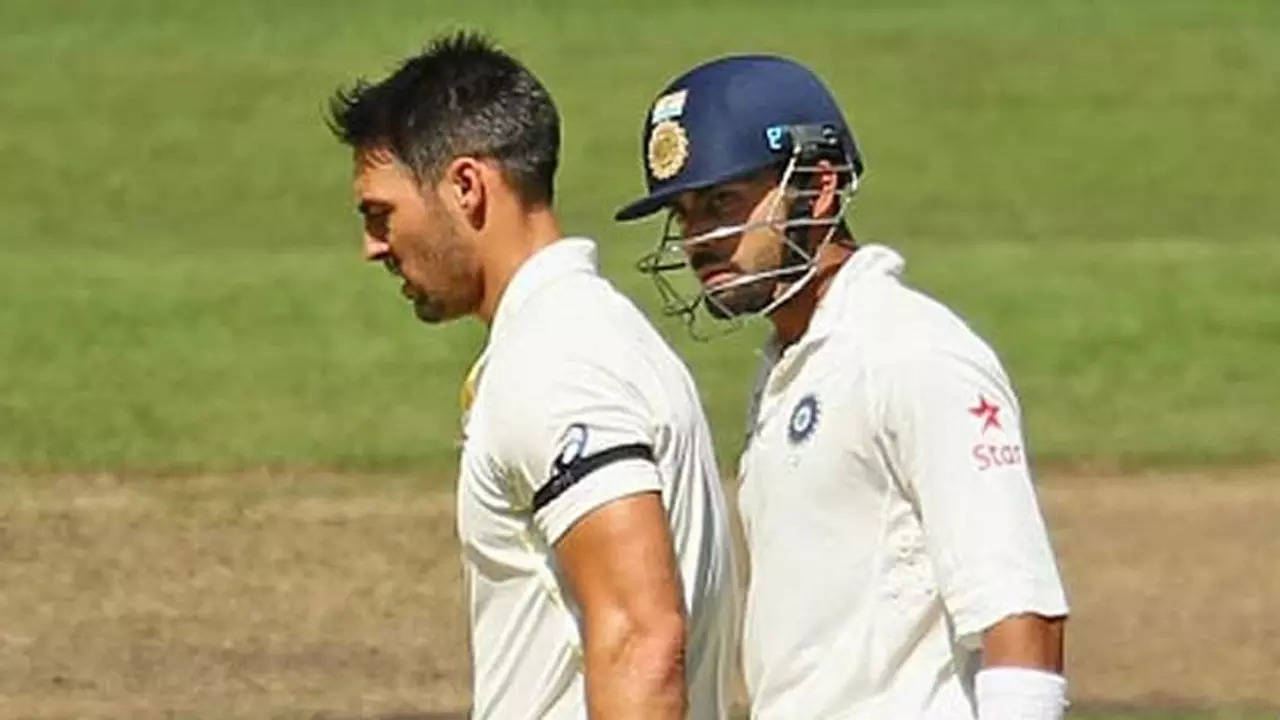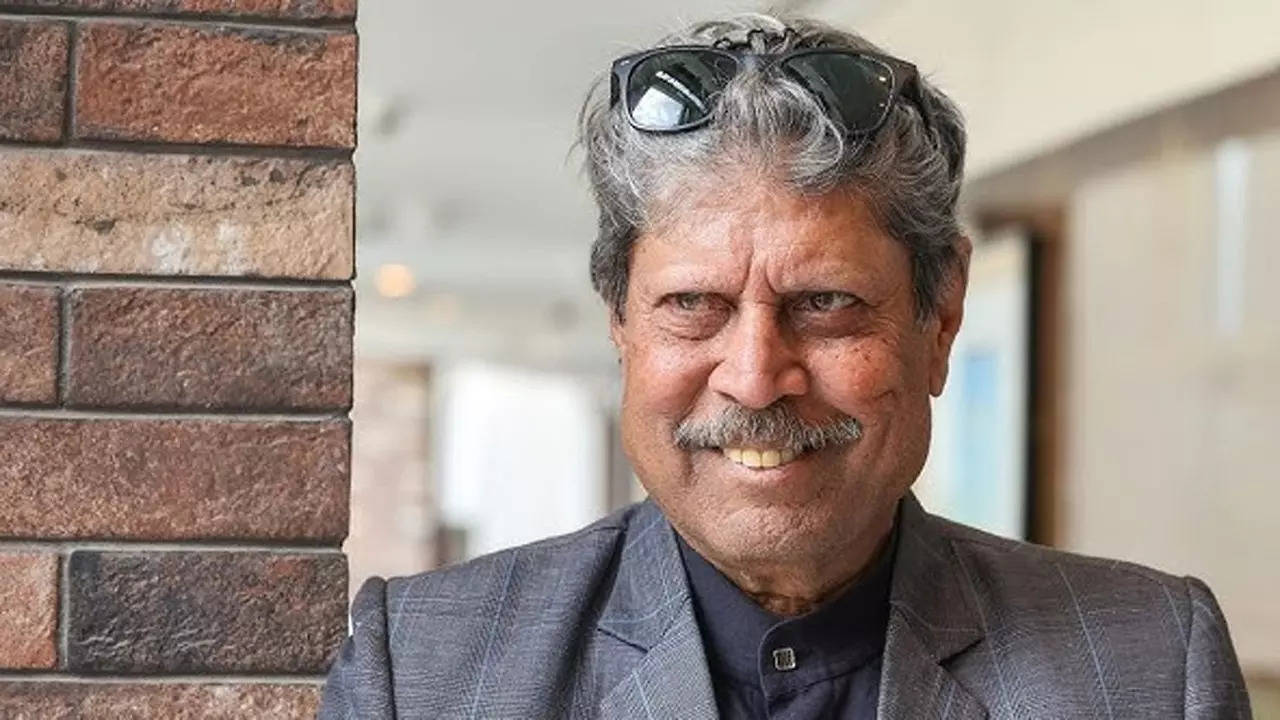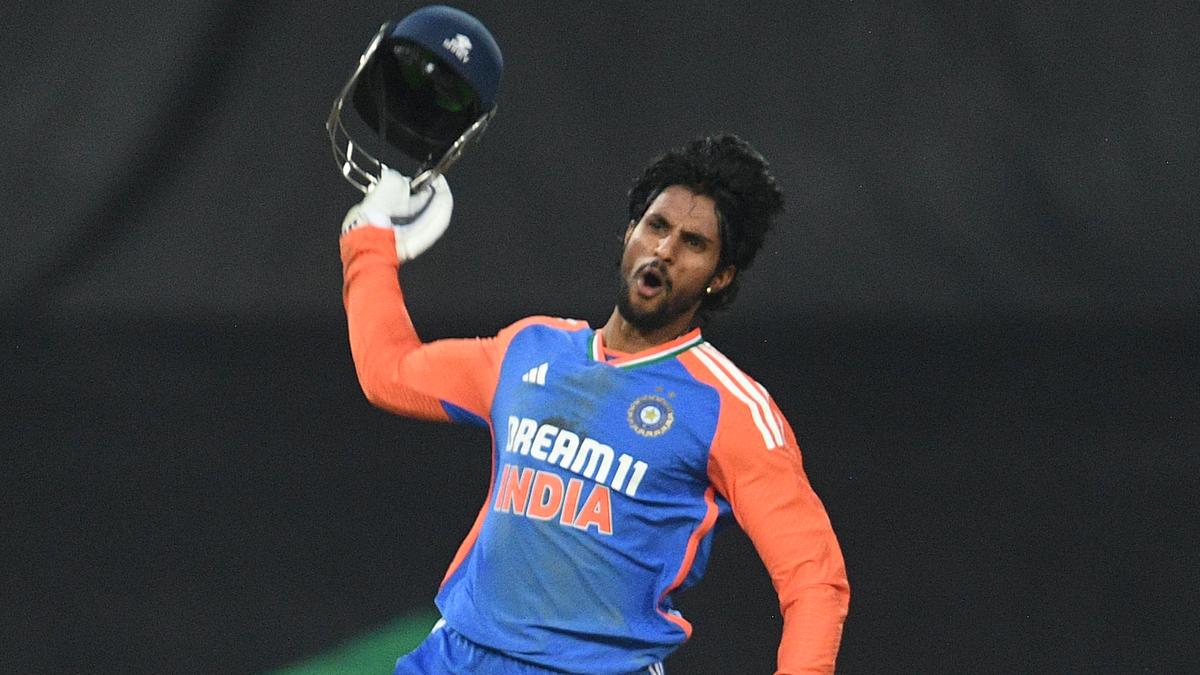In the lead-up to the World Cup, Team India’s chief selector Ajit Agarkar revealed that Rinku Singh’s selection was a subject of intense debate. Agarkar explained that the committee prioritized a specific team combination, which ultimately left Rinku on the sidelines. Captain Rohit Sharma’s preference for four spinners further limited the options for the selectors.
However, this decision has raised eyebrows among experts and former players. Rinku Singh, a 26-year-old batter from Aligarh, has emerged as a reliable performer in high-pressure situations. His recent performances in the IPL and T20Is have showcased his ability to deliver under immense pressure.
India’s struggles in knockout matches at the World Cup have been well-documented. The team has failed to replicate its regular season form in these crucial games. Rinku Singh’s inclusion could have provided a much-needed spark to the lower batting order, which has lacked a proven finisher.
Rinku’s statistics speak for themselves. In 15 T20Is, he has remained unbeaten in 7 innings, contributing invaluable runs in each of them. His strike rate of 176 and average of 89 are testament to his ability to accelerate the scoring rate.
In crucial matches against Nepal, Australia, South Africa, and Afghanistan, Rinku has consistently delivered under pressure. His unbeaten 37 against Nepal, 31 against Australia, 46 against South Africa, and 68 against Afghanistan were all match-winning contributions.
Despite his impressive form, Rinku was relegated to the reserves, while players with inferior recent performances were selected. This inconsistency in selection logic has raised questions about the decision-making process.
The omission of Rinku Singh from the World Cup squad is a grave injustice. His ability to perform under pressure and his proven track record in high-stakes matches make him an invaluable asset to any team. India’s chances of success at the World Cup would have been significantly enhanced with Rinku in the lineup.


